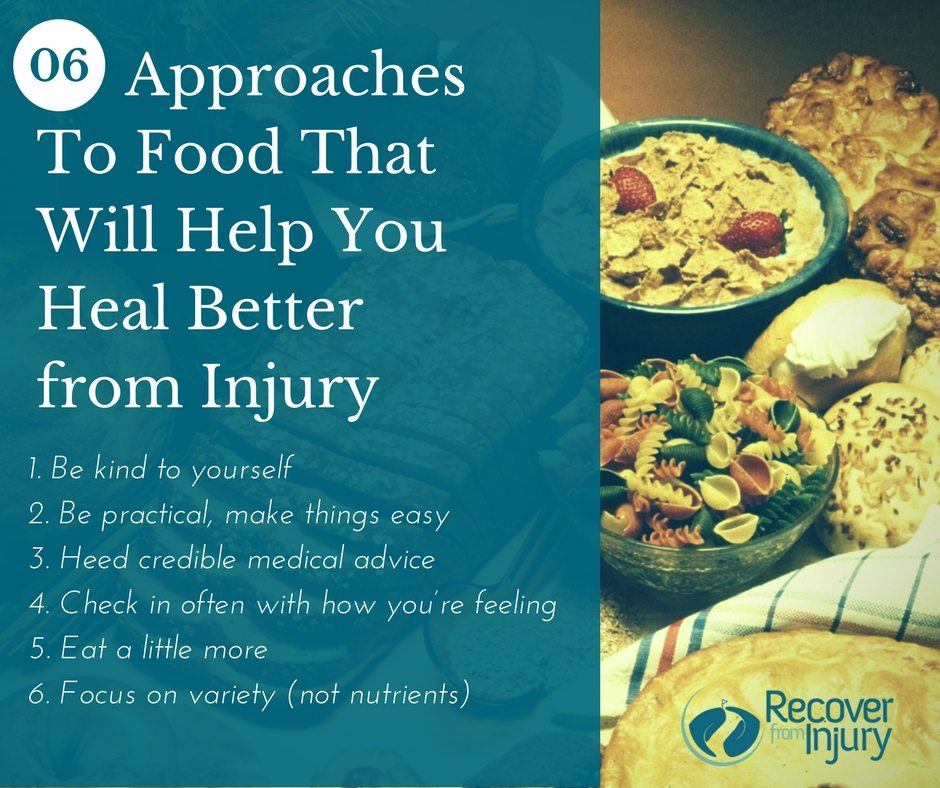Choosing what is good to eat can be confusing enough when you’re able-bodied, let alone when you’re injured.
With all the complicated food messages in the media and online about diets it can be hard to sort the fab from the fad. Should we go paleo, vegan, low-carb, high-fat, ketogenic…? Add all this the pain, upset and pure exhaustion that can come with injury — plus the pure physical inability to make food easily — and it’s a recipe for nutrition, and wellbeing… disaster.
Food is crucial to our health and wellbeing and to injury recovery. Both the body and the mind can be enhanced (or hindered) by our approach to what we choose to let pass our lips. Fumi Somehara, an accredited dietitian and conditioning coach for dancers, summed up where this focus should be beautifully when I interviewed her recently.
“Meal times are a great occasion to connect with food, people, and yourself — both physically and emotionally,” she said.
“Food can be healing from it’s pure nutritional, scientific characteristics and it can also be really healing from that psychological, emotional part of it. Maybe it’s your mum’s chicken soup or your grandma’s biscuit… there’s that part to healing as well: feeling comfortable.”
“When you’re injured your body does need more energy and macronutrients and micronutrients. But while we can get into all those details, self-compassion, awareness and body respect and kindness are paramount.”
“You really need to dose up on those and also try to look at the positive side of things, which isn’t always easy,” said Fumi.
Watch the full video interview with Fumi Somehara on the Recover from Injury YouTube channel.
Healing processes
Healing is a busy time for your body. Many physiological processes kick in to heal the injured body part/s. This takes more energy and nutrients and you’ll no doubt be more tired than usual.
So how do you implement the healing tool of food to enhance nutrition for injury recovery and have a better time?
The answer: by focusing on listening to your body, nourishing yourself with foods that make you feel good and eating with minimal stress.
Because food and nutrition for injury recovery can be an overwhelming topic, here are six simple approaches to move you forward and help give you the best recovery possible.
This article was written by Claire Harris. To view the full article, as well as a downloadable Food and Recipes Cheat Sheet visit: https://www.recoverfrominjury.com/how-to-heal-with-food-nutrition-for-injury-recovery/
If you need help finding a doctor to discuss your diet – start with your GP. You can find a local GP by using the doctors.com.au search, here: https://doctors.com.au/find/GP
